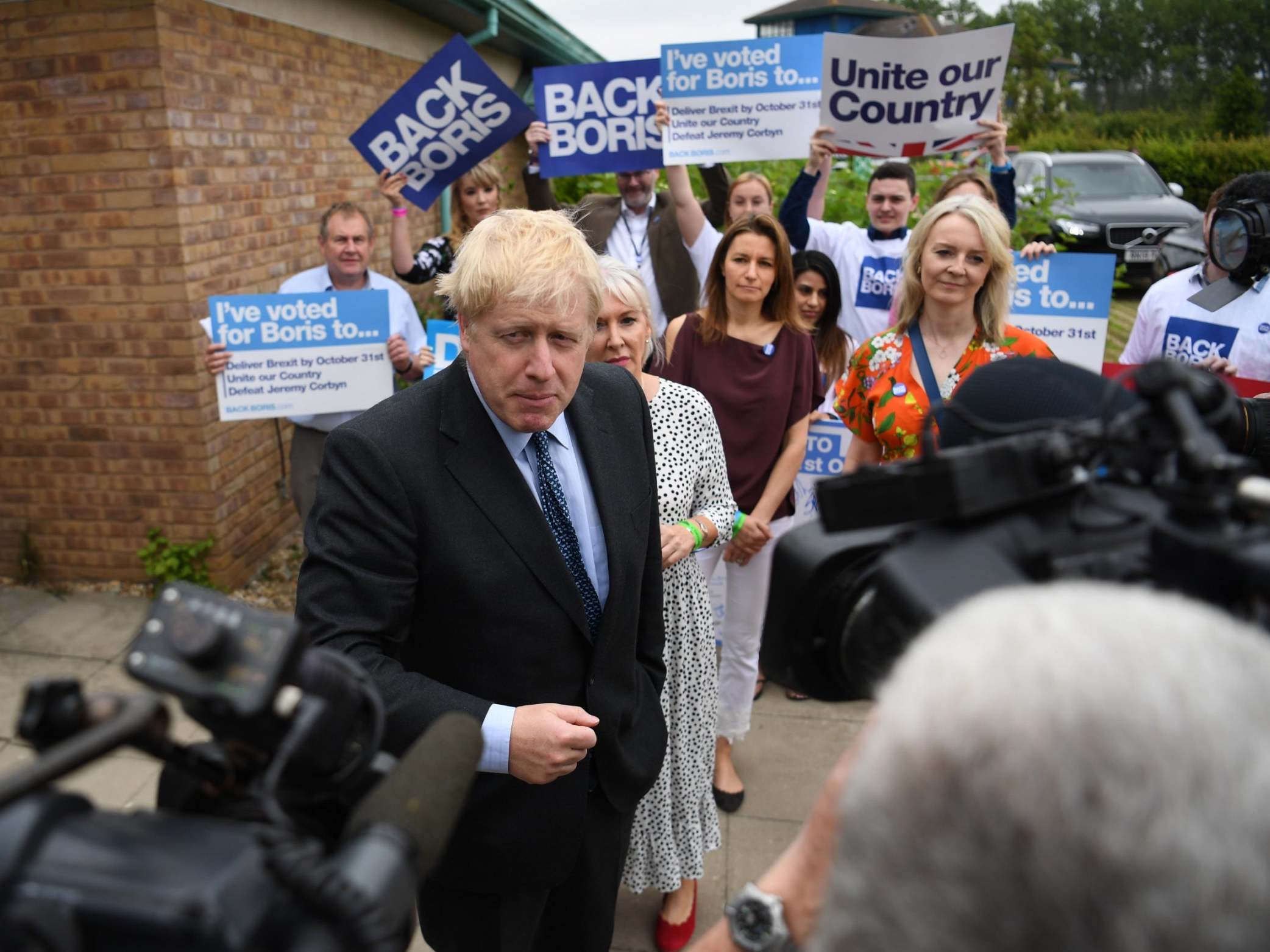Our new PM will attempt an elaborate bluff with the EU over the Irish backstop – and the bluff will fail
Editorial: The European Union, unlike the UK, has much more experience in this game. It will see this coming a kilometre off

It is sometimes hard to know what Jeremy Hunt and Boris Johnson are playing at. Obviously, as Rory Stewart put it so memorably earlier on in the leadership contest, they are trying to out-macho one another on Brexit. But beyond that?
It is like watching two men at an auction, bidding ever higher with money that’s not theirs for a perverse national economic disaster. It is not edifying. It is also extremely dangerous. The latest high bid from both men is a promise that the famous Irish backstop clause in the UK-EU withdrawal agreement must be deleted in its entirety; “remitted” as Mr Johnson puts it.
Where previously even the most recalcitrant of the European Research Group would have been content to have the backstop time-limited or subject to a unilateral British ability to abrogate it, now the entire idea has to be jettisoned.
Join our commenting forum
Join thought-provoking conversations, follow other Independent readers and see their replies